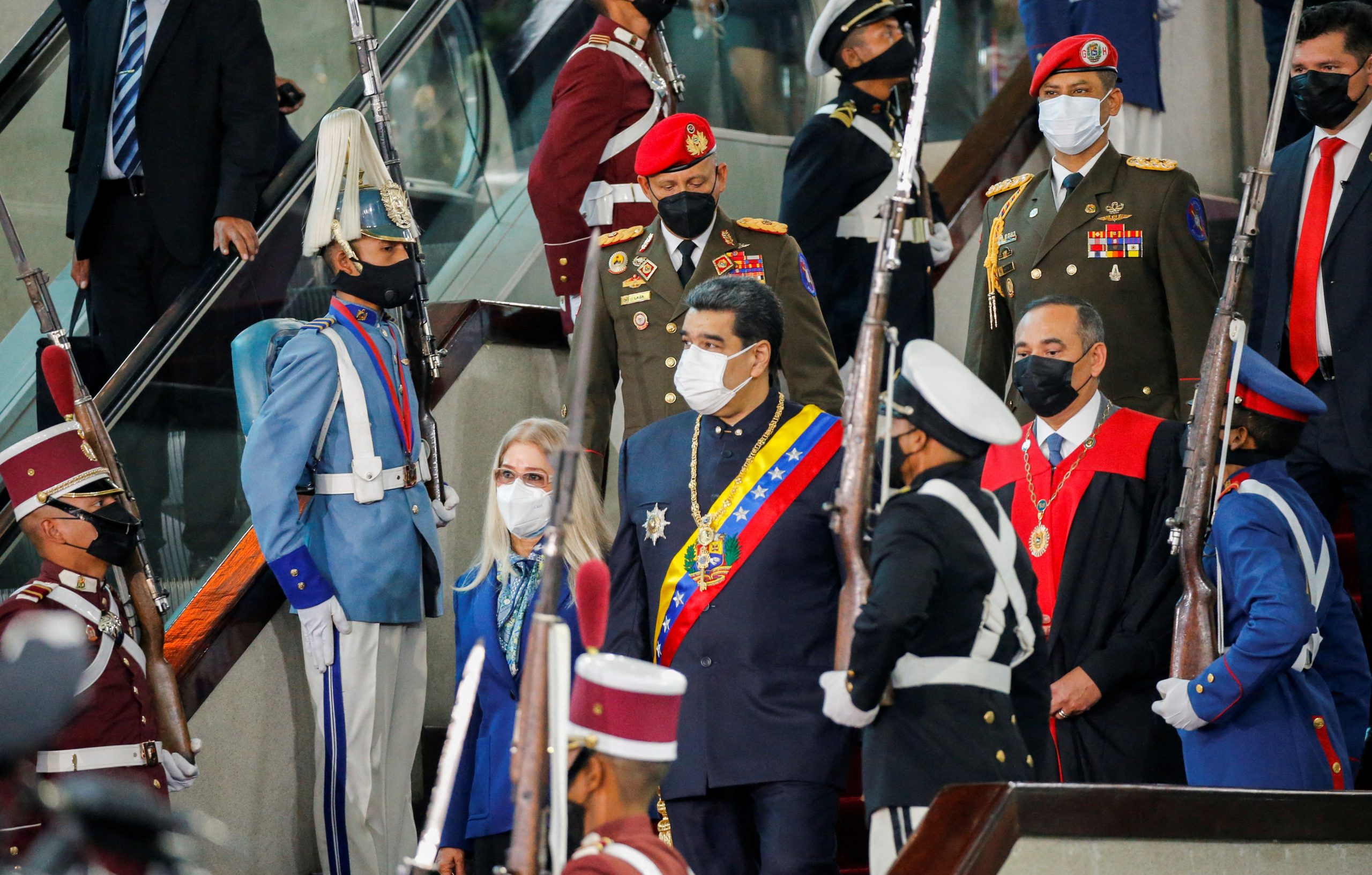
Willie R. Tubbs, FISM News
[elfsight_social_share_buttons id=”1″]
If ever there were evidence of why the right to disagree is sacrosanct in a free and open society, it could be found in a little-spoken-of report released by a trio of human rights organizations late last week. It was a document that not only reaffirmed long-held understandings of the evil wrought by Venezuelan president Nicolás Maduro but also placed a numeric value on the multifaceted system of civic oppression present in Venezuela.
Amnesty International, the Center for Defenders and Justice, and the Penal Forum completed a statistical study of repressive acts in Venezuela and found a correlation between human rights violations and “the stigmatization of dissent,” a term used to describe occurrences when a governing body or society ridicules, rejects, and attacks dissenting opinions.
“The world has known for years about the policy of repression that Nicolás Maduro’s government has put in place,” Erika Guevara-Rosas, Americas director at Amnesty International, said in a release. “Our research shows that there are instances where there is an extremely high correlation between public stigmatization and politically motivated arbitrary arrests. This correlation is a new indicator of a systematic policy of repression and points to the crime against humanity of persecution, which must be investigated by the international justice system.”
The report also serves as a useful reminder of the dangers that occur when societies begin allowing their institutions to treat opposing viewpoints with contempt.
Researchers found that, in keeping with the tradition of dictators, Maduro’s preferred frontline tool in quelling dissent is not his military or police force, but the Venezuelan media, not all of which is state-run.
Three outlets in particular – “Con el Mazo Dando,”, “Misión Verdad” and “Lechuguinos” – were particularly active in attacking and ridiculing perceived critics of the government or government policies.
Those same alleged critics were typically dogged by the media for a time, then arbitrarily arrested and detained.
The accused receive no mercy in the Venezuelan justice system, where Maduro has packed courts with his supporters who happily imprison dissenters, often on the grounds of “terrorism.”
According to the report, arbitrary arrests followed media ridicule 77% of the time during the first half of 2021, up considerably from 29% in 2019.
“According to the results obtained, there is no doubt that there is a close relationship between agents of the Venezuelan state, public and private media outlets, and attacks against human rights defenders, which should not go unpunished,” Gonzalo Himiob, director of the Penal Forum said in a release.
The organizations and researchers have requested the Office of the Prosecutor of the International Criminal Court, which is already investigating Venezuela for crimes against humanity, to consider the study’s findings.
